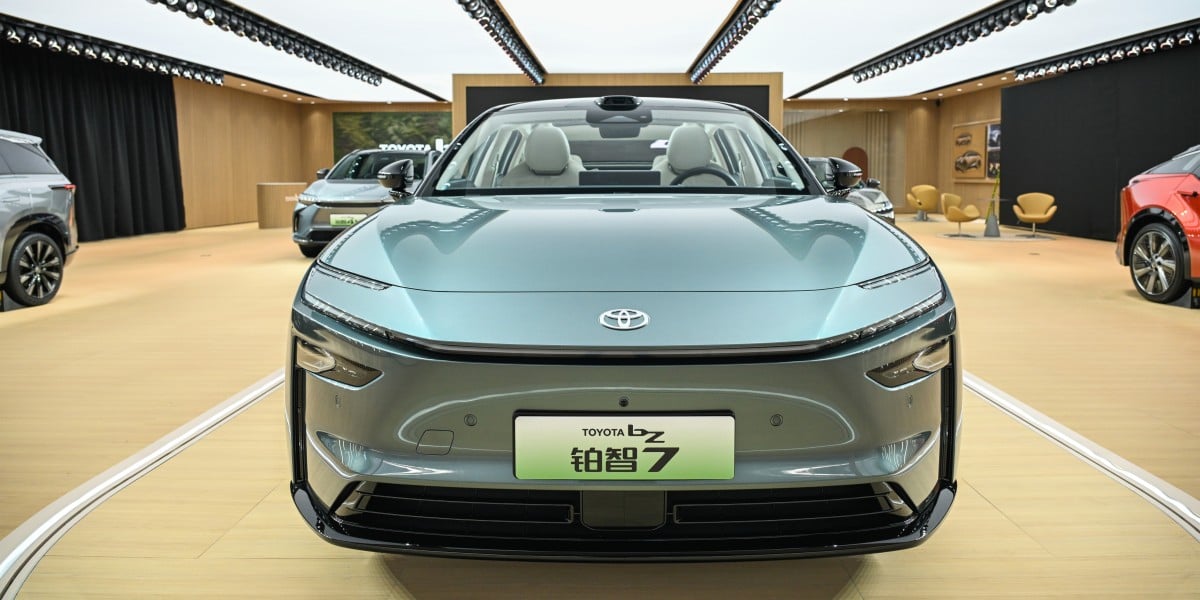
"Toyota's recent strategy shift emphasizes building cars for the Chinese market, with the bZ7 electric sedan highlighting its commitment to local innovation through partnerships like Huawei's HarmonyOS."
"Huawei's HarmonyOS aims to create a seamless user experience across devices, showcasing its potential as a competitive alternative to Android in the automotive sector."
"Amid a recent malware attack, SK Telecom swiftly acted to mitigate risks by replacing customer SIM cards for over five million subscribers, demonstrating commitment to customer security."
"China's 2025 plan for digital greening highlights the government's intention to lead in sustainable development, focusing on the green transformation of data centers."
Toyota launched its range of electric vehicles in China, including the bZ7 sedan, emphasizing local market needs by integrating Huawei's HarmonyOS. This change reflects Toyota's commitment to a strategy driven by Chinese consumer demands rather than simple modifications of existing models. At the same time, SK Telecom is addressing security concerns after a malware attack led to potential leaks of customer SIM card data. Meanwhile, China is pushing for sustainable data practices with a new initiative targeting greener data centers, indicating a broader governmental push towards digital sustainability in the tech sector.
Read at Theregister
Unable to calculate read time
Collection
[
|
...
]